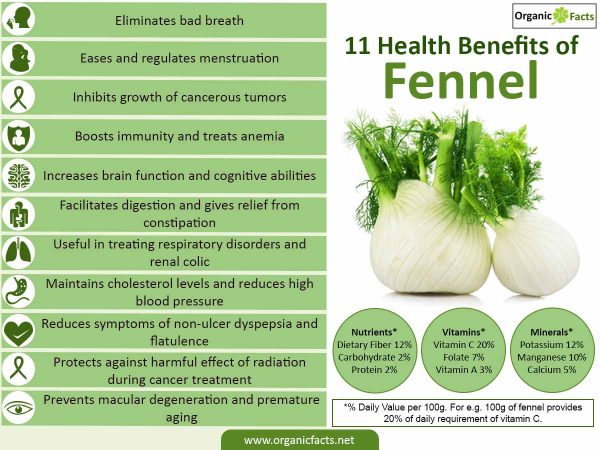Do you find it difficult to Nurture yourself?
You are able to extend compassion toward others, yet struggle when it comes to extending it to yourself.
Imagine that a good friend came to you and shared their struggles. They just got the news that one of their close family members is ill, and at the same time, they’re working through marital issues with their spouse. They’re also overworked in their job and can’t seem to find a moment to themselves. Today, when they met you, they were late and forgot to bring their wallet. They apologized profusely and started to beat themselves up, calling themselves useless, a terrible adult. How would you respond? Chances are, it won’t be that difficult for you to extend some compassion. After all, they are going through a lot.
Now imagine you’re the person going through what your friend is experiencing. Do you think you can extend the same kind of compassion to yourself? If you’re like most people, you’ll probably find this a lot harder.
What is Nurture? How does SELF-COMPASSION DIFFERS FROM SELF-ESTEEM
Kristin Neff is an associate professor at the University of Texas at Austin, and considered one of the world’s leading experts in self-compassion. She defines self-compassion as “treating ourselves kindly when we feel inadequate . . . with kindness and concern, like we would treat a friend.” In contrast, Neff says self-esteem “is a judgment on self-worth. Self-esteem has some problems because when we fail or make a mistake, we feel badly about ourselves.”
SELF-ESTEEM can burn you out!
Neff says that many people worry that self-compassion will make them lazy and complacent, but in fact, it can actually increase motivation. Think about the way that we motivate children, she says. “As a culture, we thought that to get children to do well, we have to use harsh corporal punishment. Now we know through the research that if we use encouragement . . . they have more likelihood of succeeding. If we threaten them, they have fear of failure and get performance anxiety, which undermines their ability to achieve.”
Nurturing can be PAINFUL
Another reason that many people struggle to practice self-compassion, according to Nijjar, is that it can force you to confront memories and events that you might find painful. “Self-compassion is all about how we relate to ourselves and how we relate to others. When we practice self-compassion, it reminds us of the times when we weren’t compassionate to ourselves or reminds us of when others aren’t compassionate to us.”
This can be especially difficult, says Nijjar, for people who grew up in households where their parents didn’t practice compassion, either to themselves or the people around them. “As humans, we learn about ourselves through relationships. If we’re in families where our parents were struggling to cope, whether that’s through mental illness, addiction, or marginalization, they can project their fears and insecurities to those closest to them.”
Connect it to the MOON! New Moon Ceremonies and FUll Moon Ceremonies!
MISCONCEPTIONS ABOUT Nurturing
Belief that being kind toward yourself can lead to laziness?
A lot of shame associated with self-care, nurturing and practicing self-compassion.
Example, “Am I being self-indulgent? Am I engaging in self-pity?”
TRUTH: self-compassion helps us with how we internalize stress in the world, we tend to be better equipped to deal with challenging situations, says research!
FALSE: self-compassion is a “selfish” act.
~Most people find that when they’re absorbed in self-judgment, they actually have little bandwidth left over to think about anything other than their inadequate, worthless selves.
these ARE PROTIENS from CHILDHOOD and DNA!
MAKE new proteins by visualizing: You can be kind and nurturing to yourself.
Imagine,your emotional needs are met, leaving you in a better position to focus on others.
ON PRACTICING MORE SELF-COMPASSION




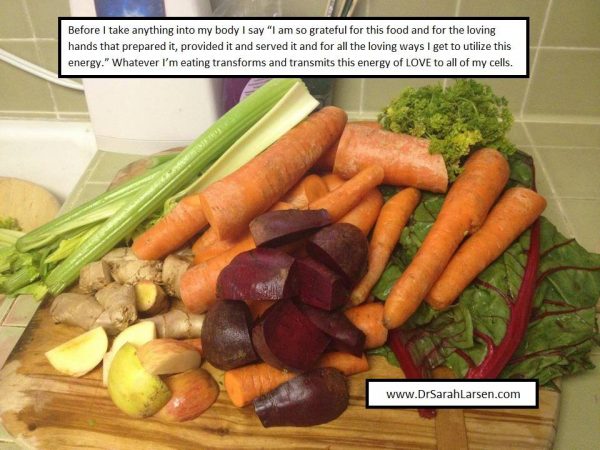

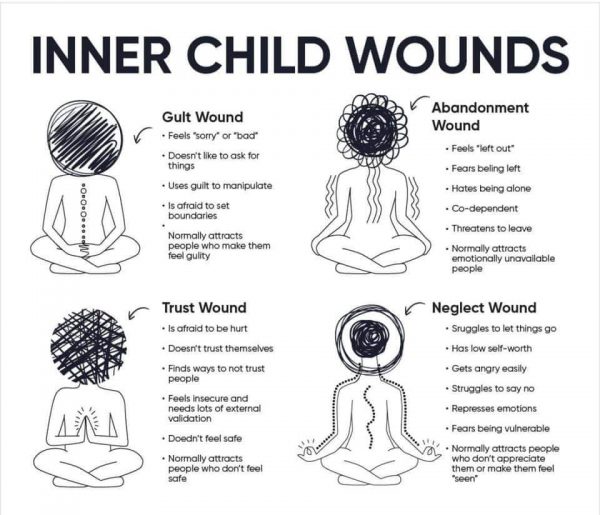
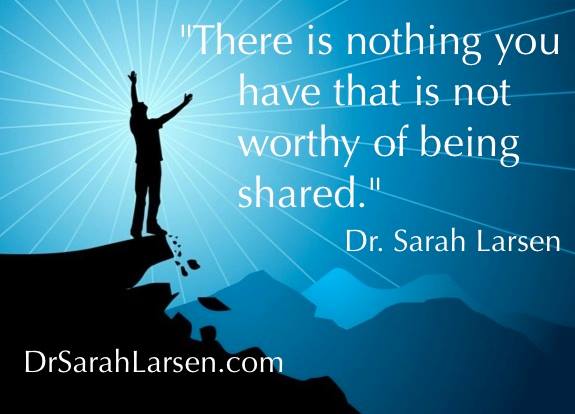
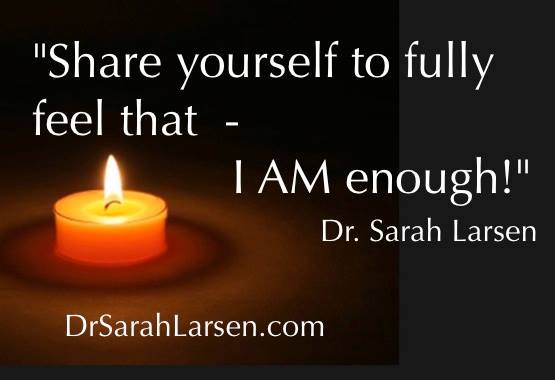


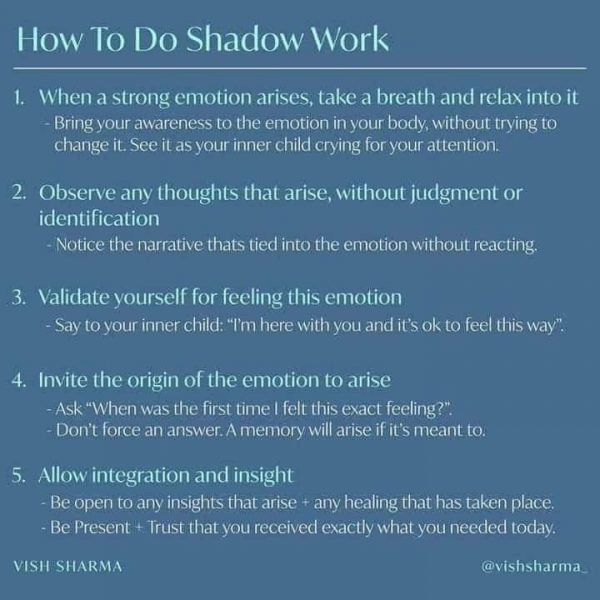


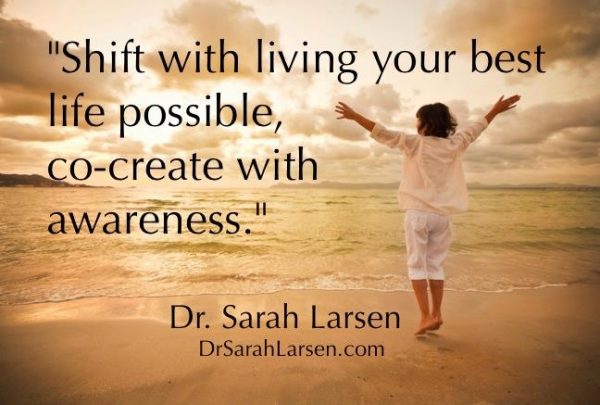
Miracle Makers Academy members meet weekly to clean up to protect our oceans, forests, and animals!





“Dr. Sarah Larsen has saved my life literally. On numerous occasions, I have asked for her guidance. I credit her with helping me become an author, making up with my family and for still having a healing business!” ~Tiffany Silver



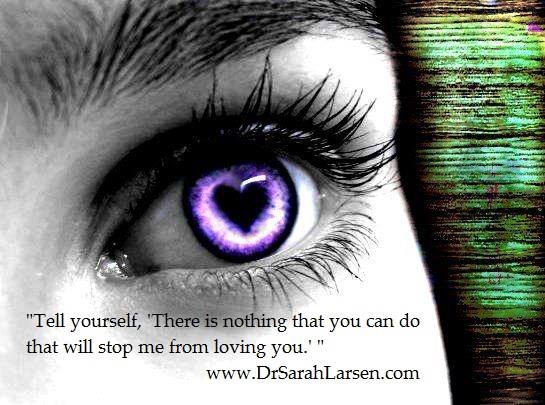

“I want to thank Dr. Sarah Larsen for all of the help she has given me over the years! Since 2008 she has helped me when I was homeless, she found me during my psychosis episode, and helped me when I was in deep trouble. She and her daughter rescued me and my dog when we were attacked. She taught me to finally nurture myself.” ~ Tiffany Silver



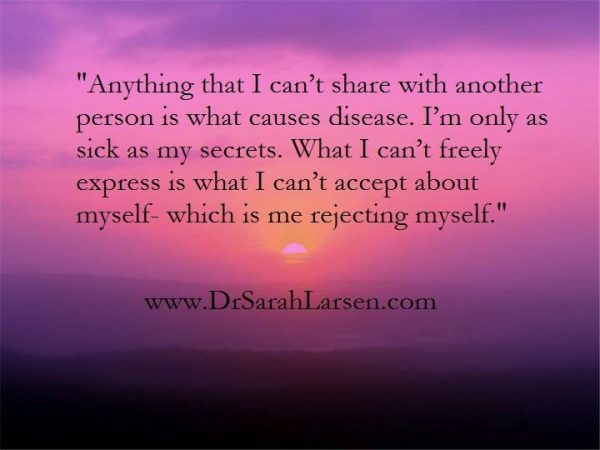






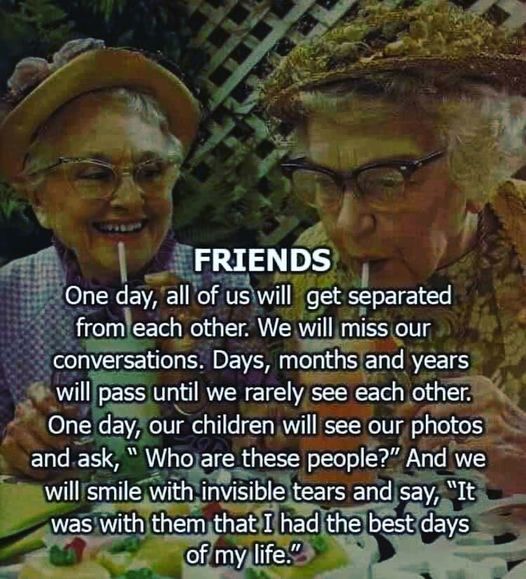



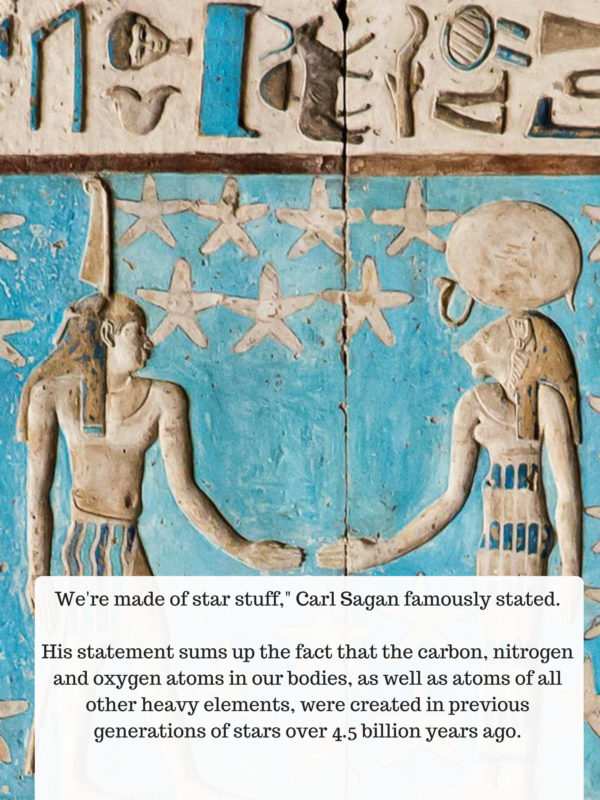



People with bad breath often have not yet developed the ability to nurture themselves!
Fennel -helps you nurture yourself!
